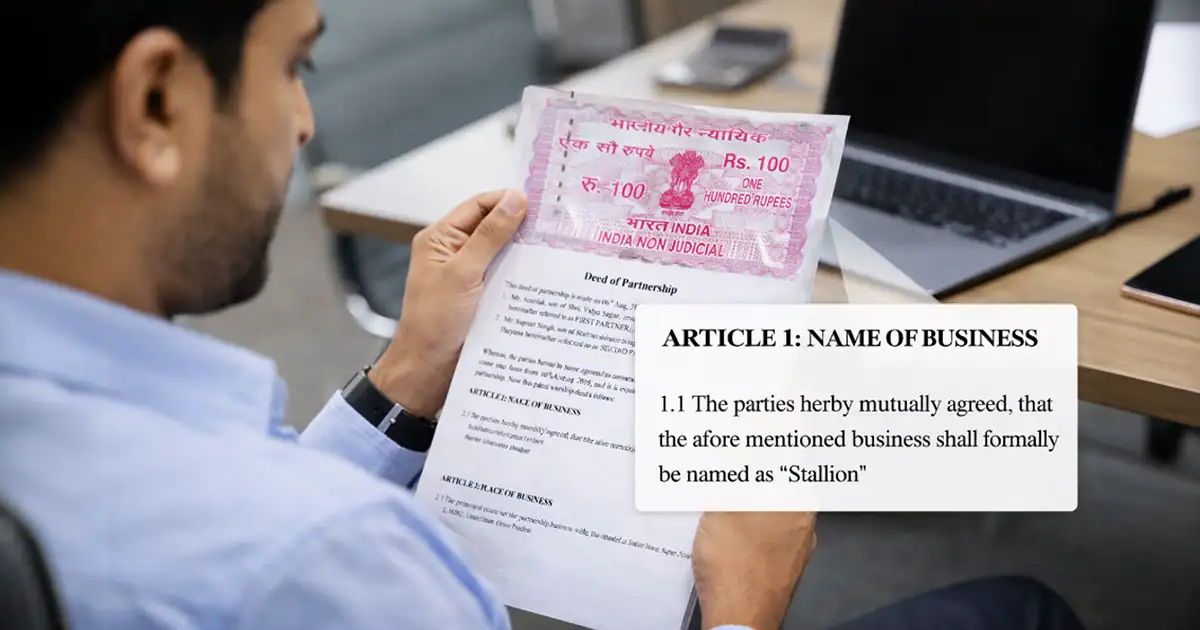The full form of GSP is the Generalized System of Preferences. It's a preferential tariff system under which certain developed countries (called donor countries) provide reduced or zero duties on eligible products imported from developing countries (beneficiary countries).
The primary goal of GSP is to promote economic growth and development in beneficiary countries by giving their exports a competitive advantage. It's an essential tool in international trade, facilitating smoother global commerce.
Objectives of GSP
The main objective of GSP is to foster economic growth and industrialization in developing countries. The key benefits include:
- Trade Facilitation: Simplifies trade by reducing customs duties.
- Poverty Reduction: Supports industries and creates employment in developing nations.
- Diversification of Exports: Encourages beneficiary countries to export a wider range of products.
- Integration into the Global Economy: Helps developing countries better integrate into the international trading system.
How GSP Benefits Indian Exporters
For Indian exporters, GSP means your products can enter specific developed markets at a lower cost, sometimes even duty-free. This directly translates to:
- Increased Competitiveness: Your products become cheaper for foreign buyers compared to those from non-GSP countries.
- Higher Profit Margins: Reduced tariffs mean you either capture more profit or pass savings to buyers to boost sales.
- Market Expansion: Lower entry barriers make it easier to penetrate new markets where GSP benefits are available.
Rules of Origin for Qualifying GSP
To qualify for GSP benefits, goods must primarily meet specific "Rules of Origin." These rules ensure that only products truly originating from the beneficiary country receive preferential treatment, preventing third-country goods from simply transiting through a GSP beneficiary.
Generally, products must be:
- Wholly Obtained: Entirely produced or grown in the beneficiary country (e.g., agricultural products, minerals).
- Substantially Transformed: Manufactured in the beneficiary country using non-originating materials, but undergoing processing that changes their tariff classification or adds value (typically 30-50% local value addition, though this varies by donor country and product).
Other Rules of GSP
Beyond the Rules of Origin, other conditions apply to GSP:
- Direct Consignment: Goods must be shipped directly from the beneficiary country to the donor country.
- Notification Requirements: Exporters often need to be registered with their local authorities to issue GSP Certificates.
- Product Specificity: Not all products are covered under GSP. Each donor country specifies which GSP products are eligible.
- Donor Country Programs: Each donor country maintains its own GSP program with specific lists of beneficiaries, products, and rules.










